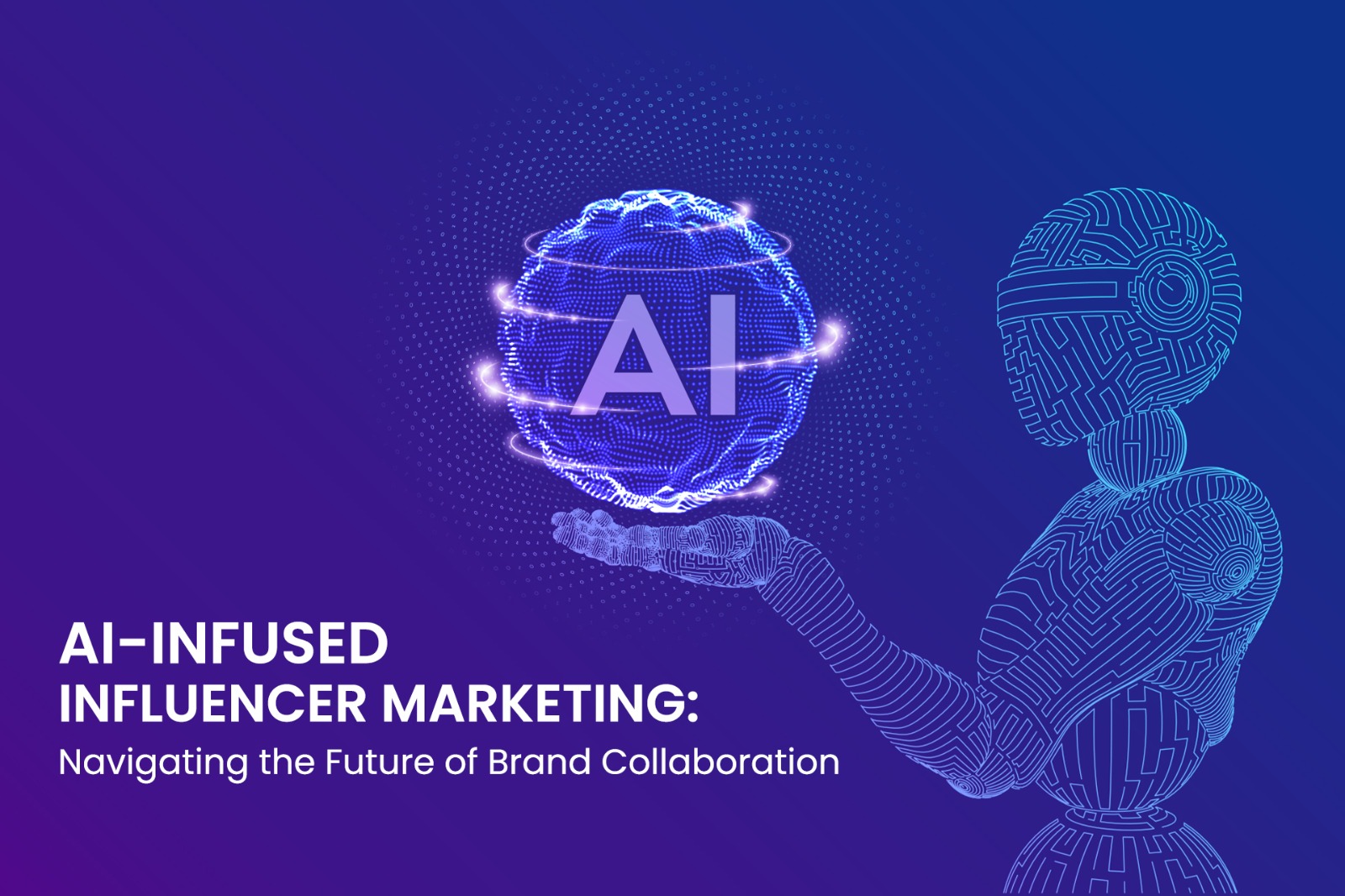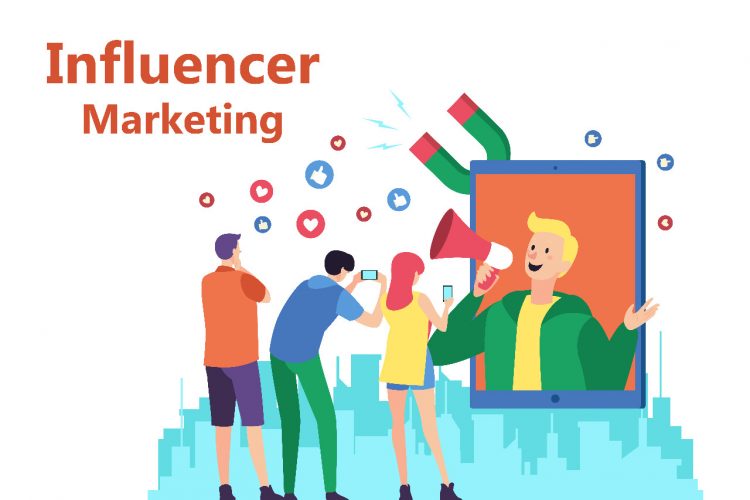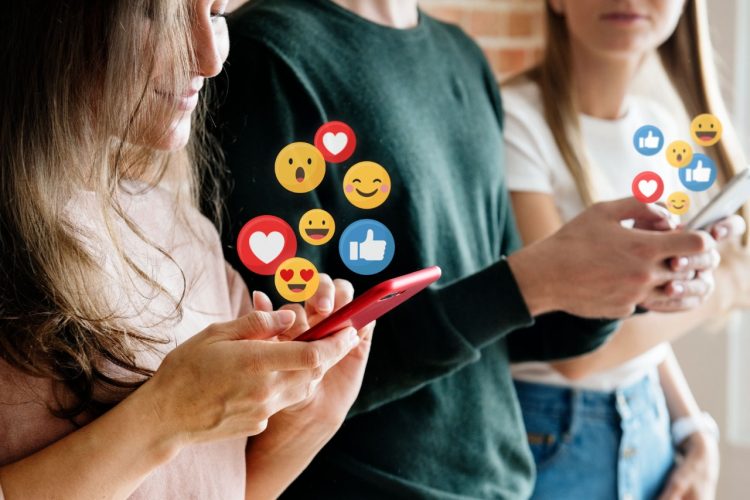
In the fast-paced realm of digital marketing, the symbiotic relationship between technology and
strategy is constantly evolving. In recent years, one technological powerhouse has been maki
waves in the marketing landscape: artificial intelligence (AI). As we delve into the intricacies of
modern marketing, it becomes evident that AI is not just a trend but a transformative force,
particularly in the domain of influencer marketing.
The Rise of Influencer Marketing
Influencer marketing has undergone a remarkable ascent in the past decade. What was once a
novel approach to advertising has become a cornerstone for brands seeking to connect with their
target audience. The appeal of influencer marketing lies in its ability to leverage the credibility
and reach of individuals with significant online followings, effectively humanising brands in the
eyes of consumers.

AI: The Catalyst for Change
The synergy between AI and influencer marketing has ushered in a new era of precision,
personalisation, and performance. Here’s a closer look at how AI is reshaping the landscape:
1. Data-Driven Decision Making
AI thrives on data, and influencer marketing is no exception. Machine learning algorithms
analyse vast datasets to identify patterns and preferences, enabling marketers to make informed
decisions. From audience demographics to engagement metrics, AI-powered tools provide a
comprehensive understanding of consumer behaviour, aiding brands in selecting influencers with
the right audience fit.
2. Influencer Discovery and Vetting
The sheer volume of influencers across platforms makes manual vetting a daunting task. AI
streamlines this process by automating the identification of influencers aligned with a brand’s
values and target audience. Natural language processing algorithms assess content, sentiment,
and engagement, ensuring authenticity and relevance.
3. Content Optimisation
AI doesn’t stop at influencer selection; it extends its reach into content creation. Tools equipped
with natural language generation capabilities assist influencers in crafting compelling, on-brand
content. From captions to blog posts, AI optimises language, ensuring consistency and resonance
with the target audience.
4. Real-Time Analytics and ROI Measurement
The instantaneous nature of the digital landscape demands real-time insights. AI analytics tools
track campaign performance, measuring key performance indicators (KPIs) and providing
actionable insights. This enables marketers to adapt strategies on the fly, maximising ROI and
ensuring campaigns stay agile in response to shifting consumer trends.
5. Fraud Detection and Brand Safety
AI plays a pivotal role in mitigating the risks associated with influencer marketing, such as fake
followers and fraudulent activities. Machine learning algorithms can detect anomalies in
engagement patterns, flag potential fraud, and ensure brand safety. This proactive approach
protects brands from associating with disingenuous influencers and safeguards their reputation.
As AI continues to evolve, so too will its impact on influencer marketing. The integration of
augmented reality (AR) and virtual influencers is on the horizon, offering a surreal yet engaging
avenue for brands to connect with their audience. The ability of AI to predict trends and
consumer behaviour will become even more refined, enabling marketers to stay ahead in an ever-
changing digital landscape.
In conclusion, the marriage of AI and influencer marketing is not just a fleeting trend but a
strategic alliance reshaping the marketing landscape. Brands that embrace the power of AI are
not only optimising their influencer collaborations but also future-proofing their marketing
strategies in a world where adaptation is key. The journey has just begun, and as AI continues to
evolve, so too will the dynamics of influencer marketing, ushering in a new era of innovation and
creativity.




